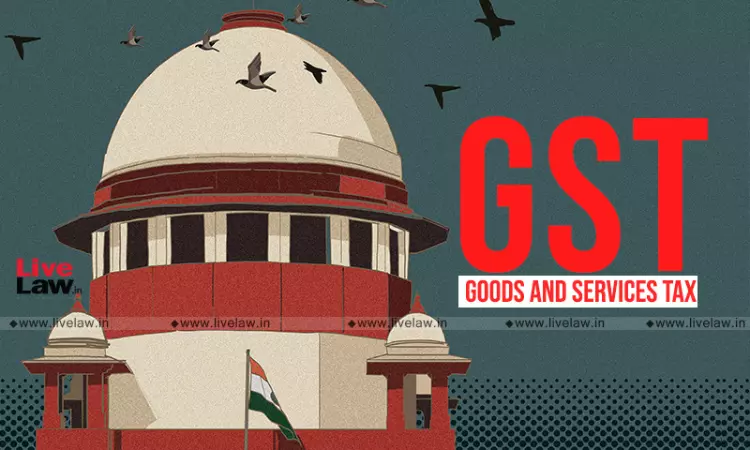GST Input Tax Credit On Construction Costs Can Be Claimed If Building Construction Was Necessary For Renting Out Service : Supreme Court
Amisha Shrivastava
3 Oct 2024 11:01 AM IST

Next Story
3 Oct 2024 11:01 AM IST
The Supreme Court on Thursday (October 3) held that if construction of a building is essential for supplying services such as renting out, it could fall into the "plant" exception to section 17(5)(d) of CGST Act which provides that Input Tax Credit cannot be claimed for construction material (other than plant or machinery) for immovable property construction. “If the construction of a...
